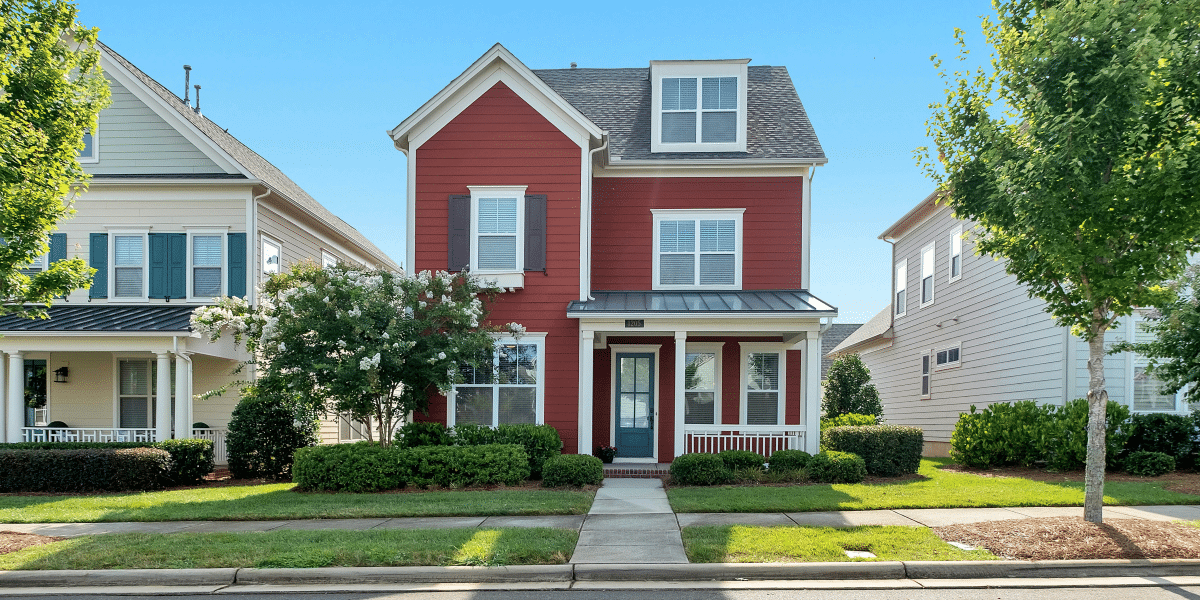By: Addington Place of Clinton
Understand the vital role of socialization and activities in convalescent homes. Explore their benefits for residents’ well-being and quality of life.
Imagine waking up every day with a sense of purpose, surrounded by friends, and engaging in activities that keep your mind and body active. This is the dream for many residing in a convalescent home. Yet, reality often falls short.
Socialization and activities play a pivotal role in enhancing the quality of life for seniors. In this post, we will explore why these elements are crucial in senior living spaces, and how they can transform the lives of residents.
Let’s begin!
Mental Health Improvement
Socialization and activities are essential for seniors to maintain their mental health. As we age, loneliness and isolation can lead to:
- Depression
- Anxiety
- Other mental health issues
However, living in a community setting with regular social interactions can prevent these feelings of loneliness. They can promote positive emotions.
Participating in group activities allows seniors in a nursing home to bond with others who share similar interests and life experiences. This connection can boost self-esteem and provide a sense of purpose. Moreover, engaging in mentally stimulating activities such as puzzles or book clubs can help keep the mind sharp and decrease the risk of cognitive decline.
Physical Health Benefits
Staying physically active is crucial for seniors to maintain their health and independence. Participating in group exercises or outdoor activities not only improves physical fitness. It also promotes socialization. This can help:
- Prevent falls
- Improve balance and coordination
- Reduce the risk of chronic diseases
Moreover, regular physical activity has been linked to improved mood and sleep quality. Thus, leading to an overall better quality of life for seniors.
Social Connection and Sense of Belonging
Moving into a senior living space can be a challenging transition for seniors. This is especially true if they have lived in their own homes for most of their lives. However, socialization and activities can help ease this transition by providing opportunities to form new friendships and create a sense of belonging.
In senior living spaces, residents often participate in:
- Daily group meals
- Outings
- Events
This creates a sense of community. This connection with others not only combats feelings of loneliness but also provides emotional support during difficult times.
Emotional Well-Being
Engaging in social activities and hobbies brings joy and fulfillment to many seniors. It allows them to pursue interests that they may have put aside earlier in life due to work or family responsibilities. This can lead to a sense of accomplishment and an overall feeling of happiness.
Moreover, participating in group activities also provides opportunities for laughter and humor, which has been linked to improved emotional well-being.
Enhanced Quality of Life
All of these benefits combined contribute to an enhanced quality of life for seniors living in convalescent homes. Socialization and activities help prevent feelings of loneliness, promote physical and mental health, create a sense of belonging, and bring joy and fulfillment.
They can transform the lives of residents by providing purpose, meaning, and happiness. Whether you are looking for senior living options available in Clinton, Utah, or any other city, make sure to prioritize socialization and activities as essential elements in your decision-making process.
Find Socialization Activities in a Convalescent Home
Socialization and activities are crucial elements in senior living spaces. They provide numerous physical, mental, and emotional benefits that can greatly improve the quality of life for seniors. These activities bring a sense of purpose and belonging to residents in any convalescent home.
So, be sure to prioritize finding a community that values socialization and offers engaging activities for its residents.
Should you wish to read more, visit our blog. We’ve got more topics!
Published by: Martin De Juan

















